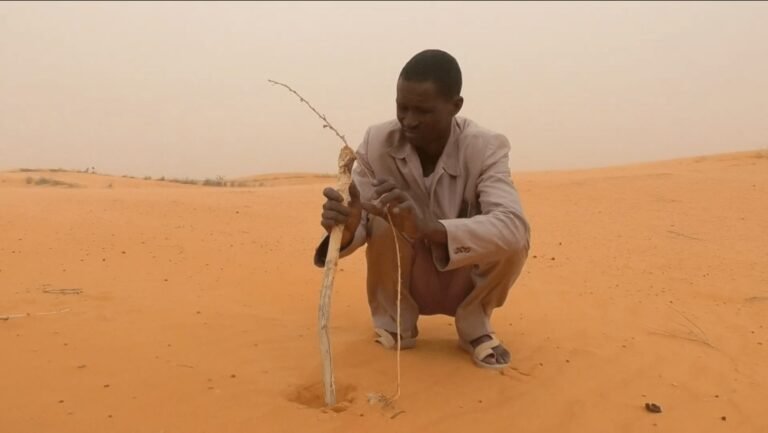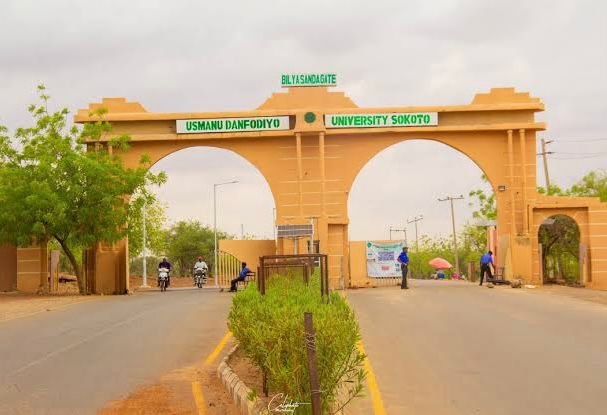The National Grazing Reserve Council Bill is a controversial proposed legislation that has been in the National Assembly since 2016 when it was introduced. The bill, if passed, would establish a council with the powers to take over land in any part of the country for grazing reserves and pay ‘compensation’ to the land owner(s).
While this sounds noble, the law would amount to a gross violation of the constitutional rights of Nigerians to own and control their lands and resources. It would also create a fertile ground for conflicts and violence between farmers and herders, who have already been clashing over land and water resources for decades.
Yesterday, Governor Samuel Ortom of Benue State, one of the North-Central states that has witnessed the worst herder/farmer crisis, called on members of the National Assembly to remain vigilant against this bill. He has repeatedly voiced his concerns about the potential harm the bill would cause to Nigerians and their land, stating that its sponsors are looking for the right moment to have it passed.
The herder/farmer conflict in Nigeria’s middle belt states has resulted in massive displacement, death and destruction over the years. According to the International Organization for Migration (IOM), as of December 2020, there were 247,000 internally displaced persons (IDPs) in Benue state alone due to this conflict1. Amnesty International reported that between January and September 2018, at least 1,813 people were killed across 17 states as a result of herder/farmer violence. The conflict has also affected other states such as Adamawa, Kaduna, Plateau, Nasarawa and Taraba.
According to reports, the conflict is driven by competition for land and water resources between predominantly sedentary farmers and nomadic or semi-nomadic herders. Climate change has exacerbated the scarcity of these resources by causing desertification, drought and flooding. Population growth has increased the demand for food and land. Ethnic and religious differences have fuelled mistrust and animosity between communities. Insecurity and proliferation of arms have enabled armed groups to exploit the situation for their own gain.
The Nigerian presidency has been hiding under the farmers/herders crisis for its insistence on the bill, despite the public outcry since 2016 when the bill was first announced. Governor Ortom stated that if the current administration had concentrated this much effort on tackling insecurity in the manner in which they pushed for the enactment of the cattle grazing reserve law, Nigeria would have been much safer for its citizens.
“In November 2016, the Senate rejected the controversial bill seeking to establish a Grazing Management Agency, which was to ensure the creation of cattle grazing areas across the country,” said Ortom.
“In 2017, the Federal Government again tried to influence the passage of a bill adorning the same regalia which was called National Grazing Routes and Reserves Bill. That bill was similarly rejected following the alarm raised by some patriotic Nigerians.”
Open Grazing Bill Is Unconstitutional
The bill is an abrupt violation of the extant higher laws of the land, which are the Nigerian Constitution 1999 (as amended) and the Land Use Act that vested all land comprising the territory of each state in trust solely in the Governor of each state.
Even proceeding with this law is in contradiction of the federal government’s own policy of promoting ranching as the best solution to the perennial crisis of cattle grazing in Nigeria. In 2018, the National Economic Council (NEC) approved a National Livestock Transformation Plan (NLTP), which aimed to support states to develop ranches and other livestock production systems. The NLTP was widely endorsed by stakeholders, including governors, traditional rulers, civil society groups, and development partners. However, the federal government has failed to implement the NLTP and has instead resorted to pushing for the Grazing Reserve Bill, which goes against the spirit and letter of the plan.
A reason for people to antagonise the Open Grazing Bill is not only because it is a bad policy, but also because it is a bad political strategy. It is an affront to the principle of federalism and the diversity of Nigeria. It is an imposition of a one-size-fits-all approach that disregards the peculiarities and preferences of different regions and states. The Bill would take away the aspirations of millions of Nigerians who want to live in peace and harmony with their neighbours. It is a recipe for disaster that could undermine the unity and sovereignty of Nigeria.
To be fair to the Benue State Governor, Samuel Ortom, and all Nigerians who want to live in peace and harmony, the Senate must consider the negative impact this bill would have on the unity of Nigeria and the safety of its citizens, and outrightly reject any last minute attempt under whatever guise to reintroduce the Open Grazing Reserve Bill.













